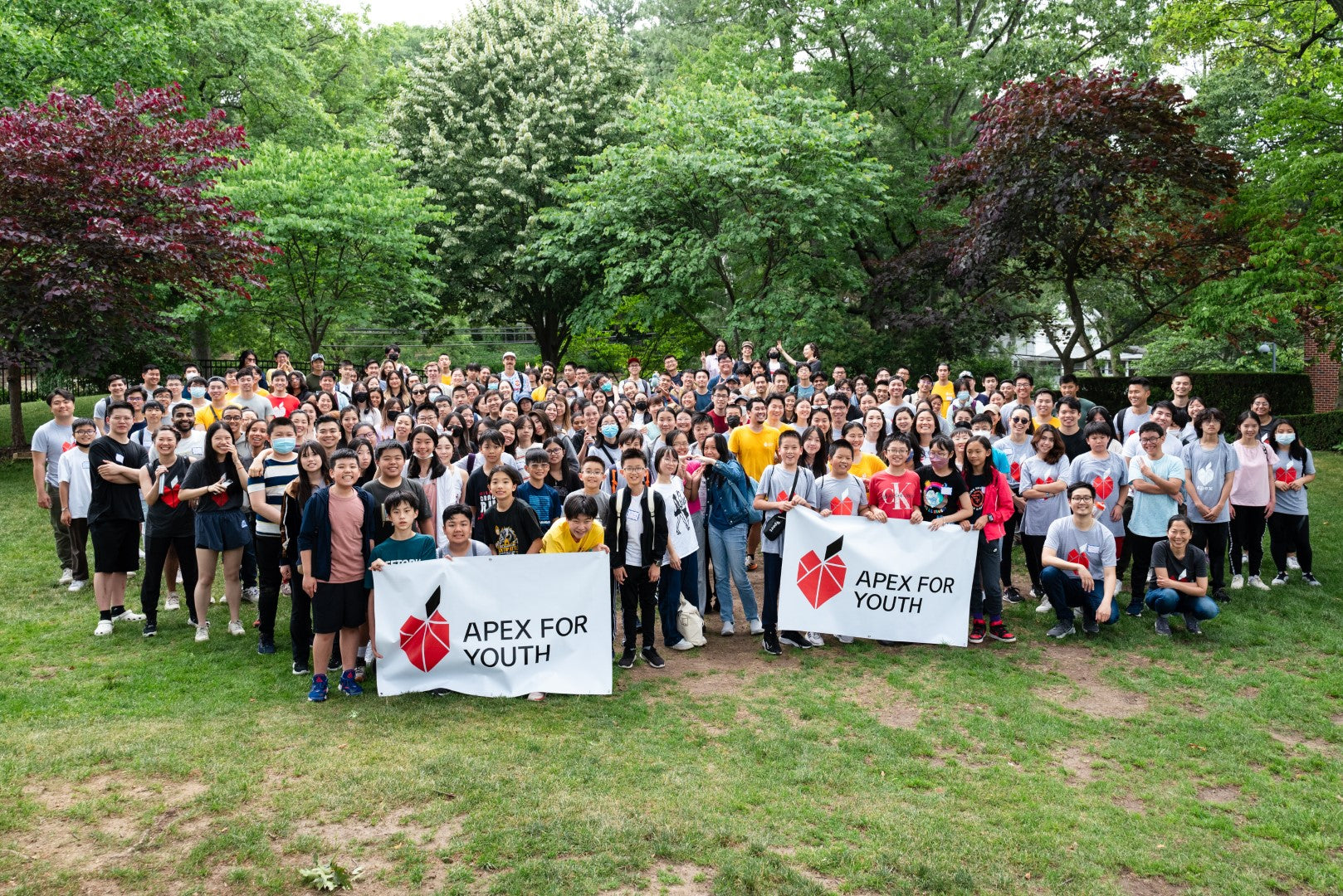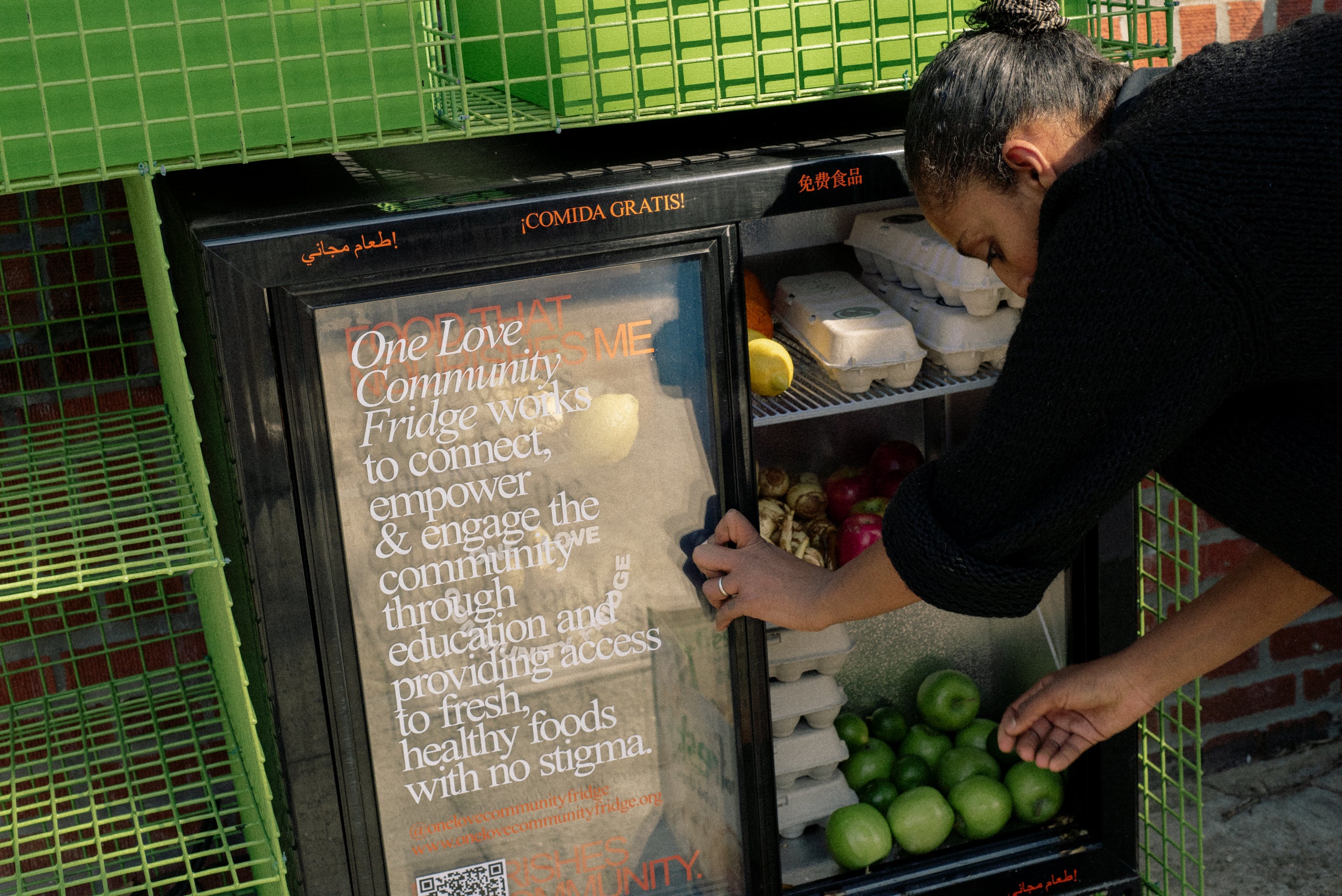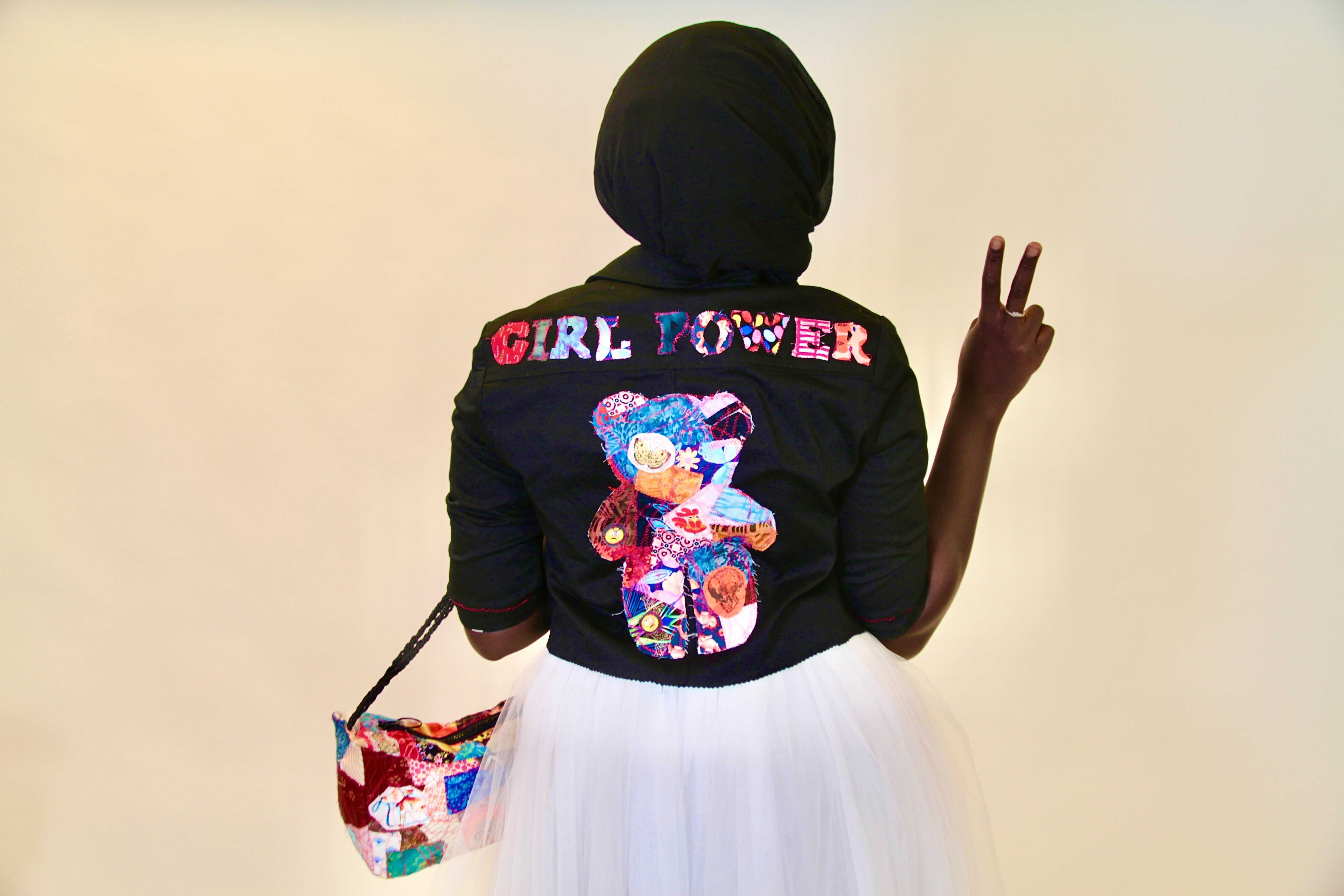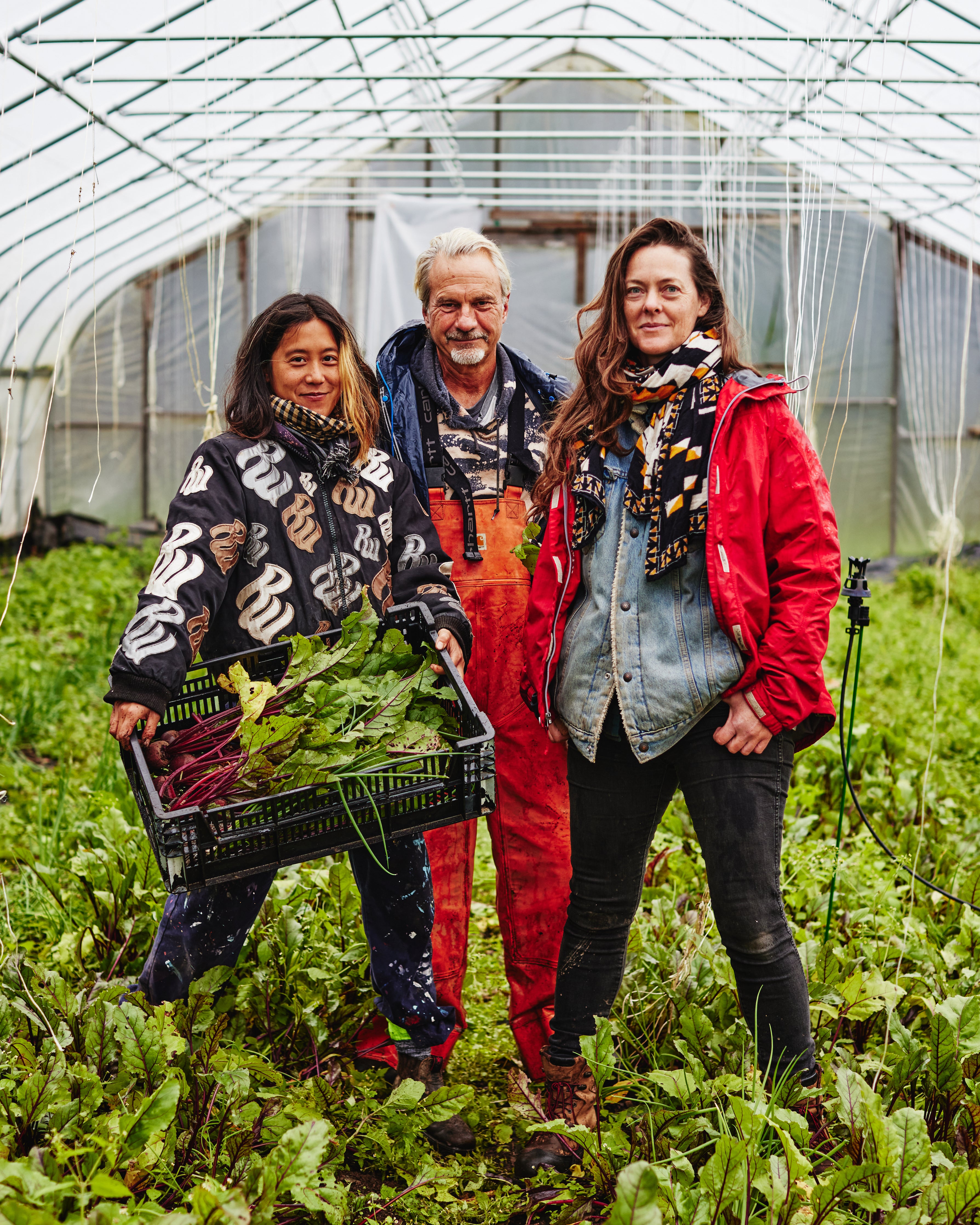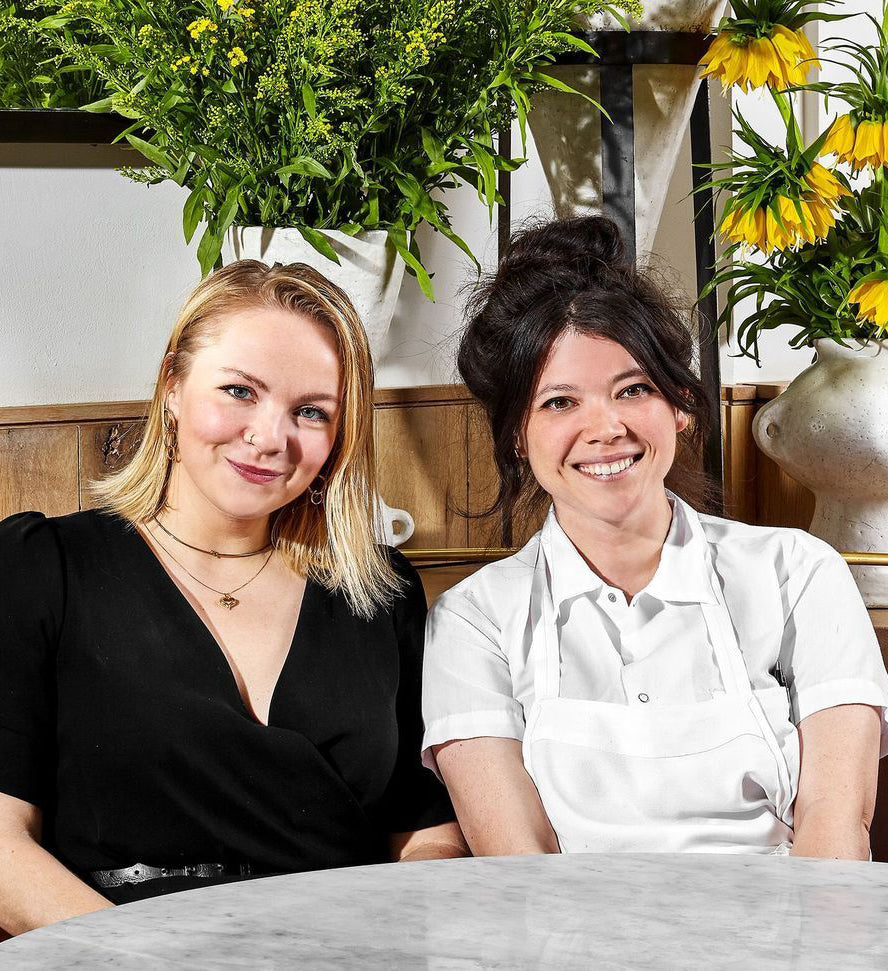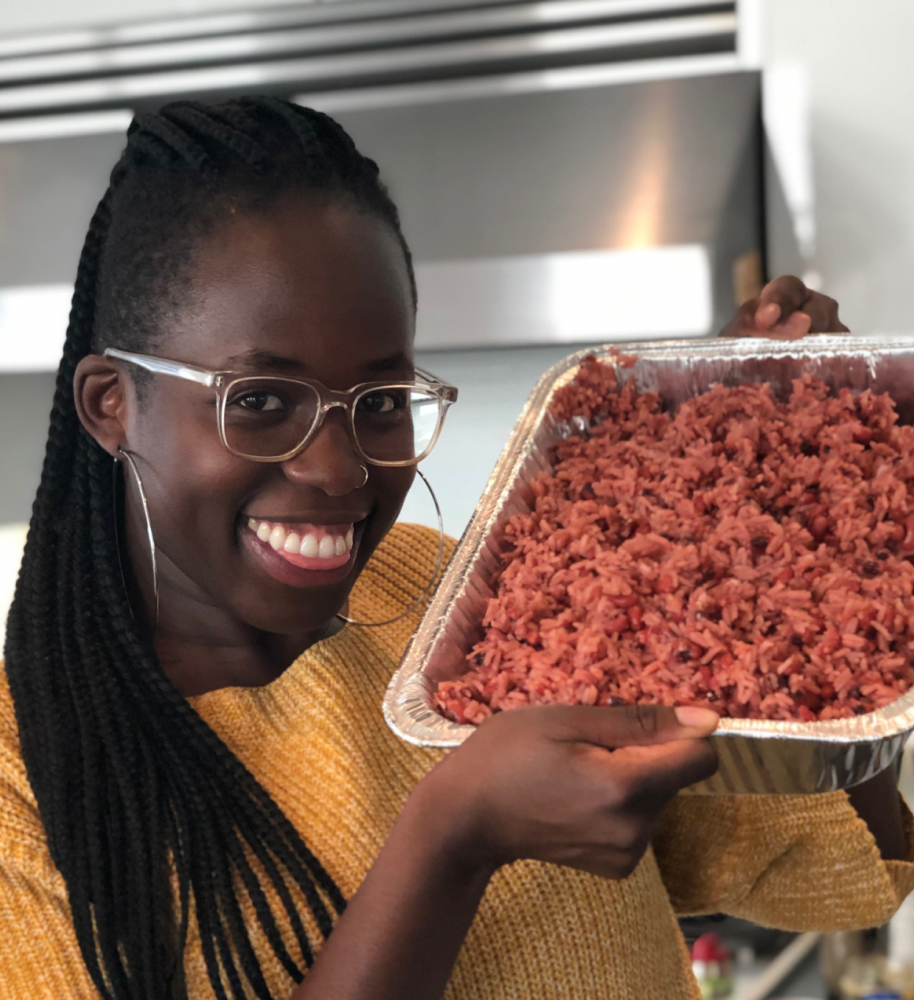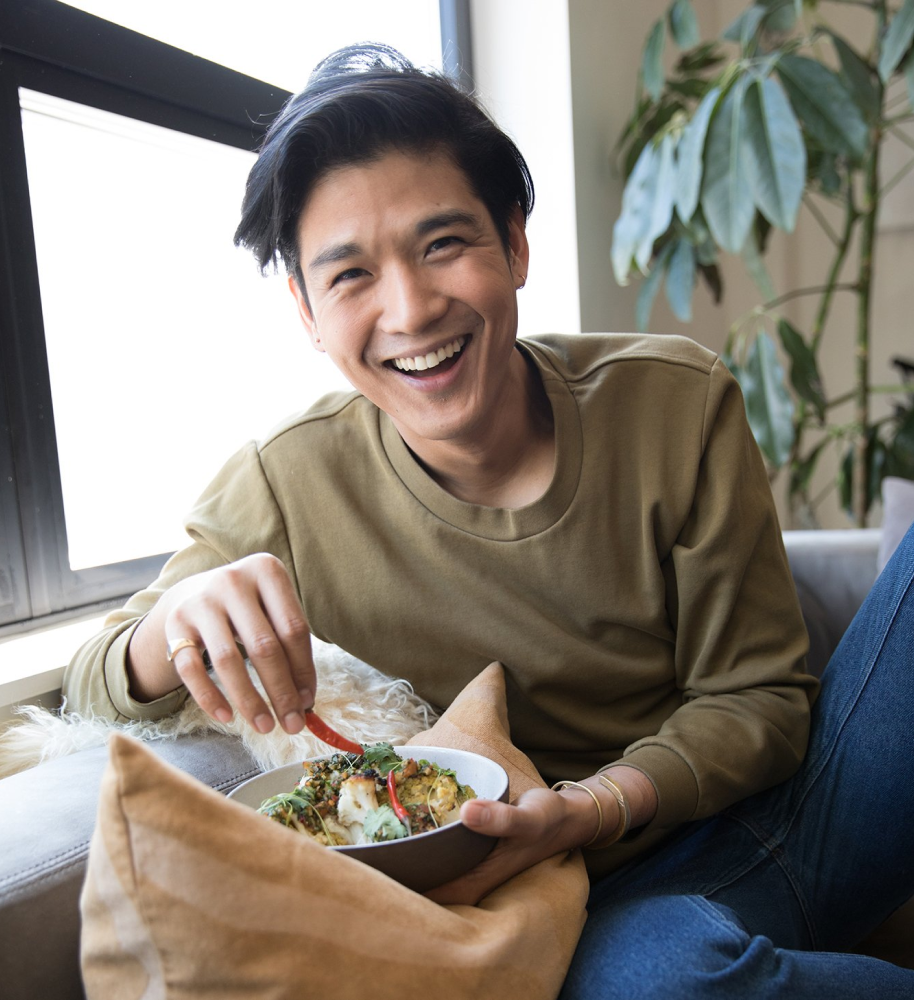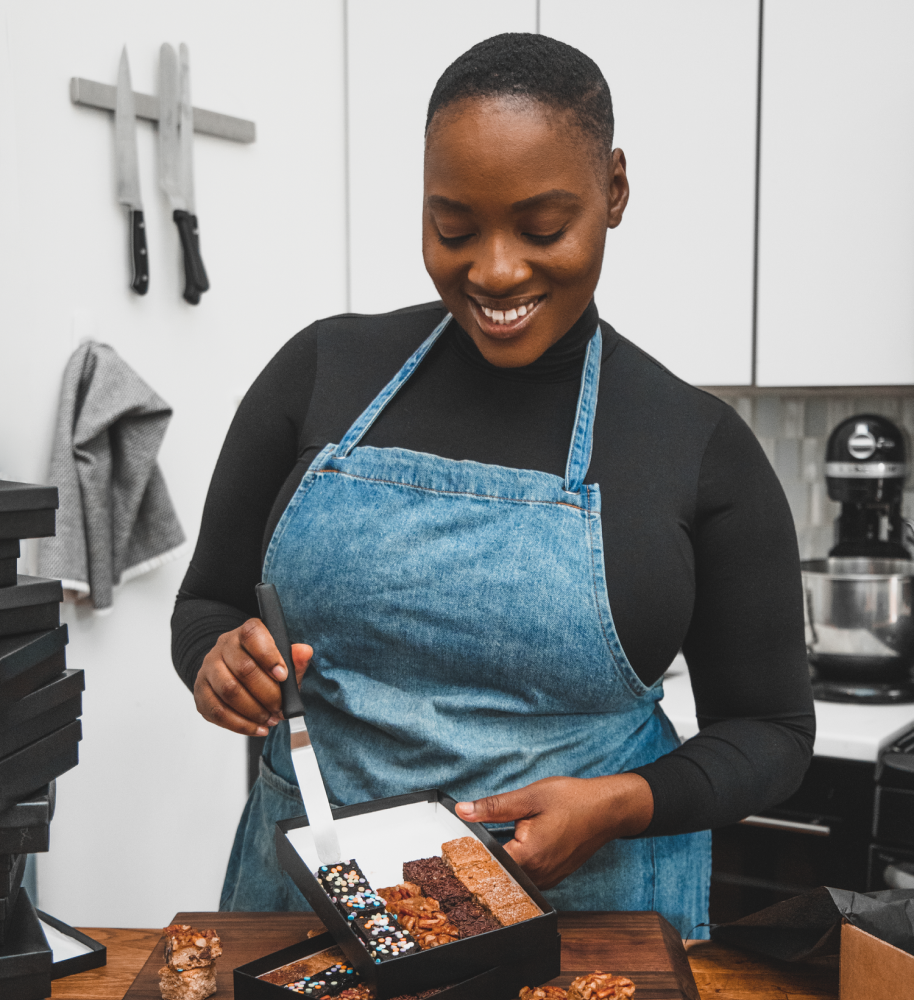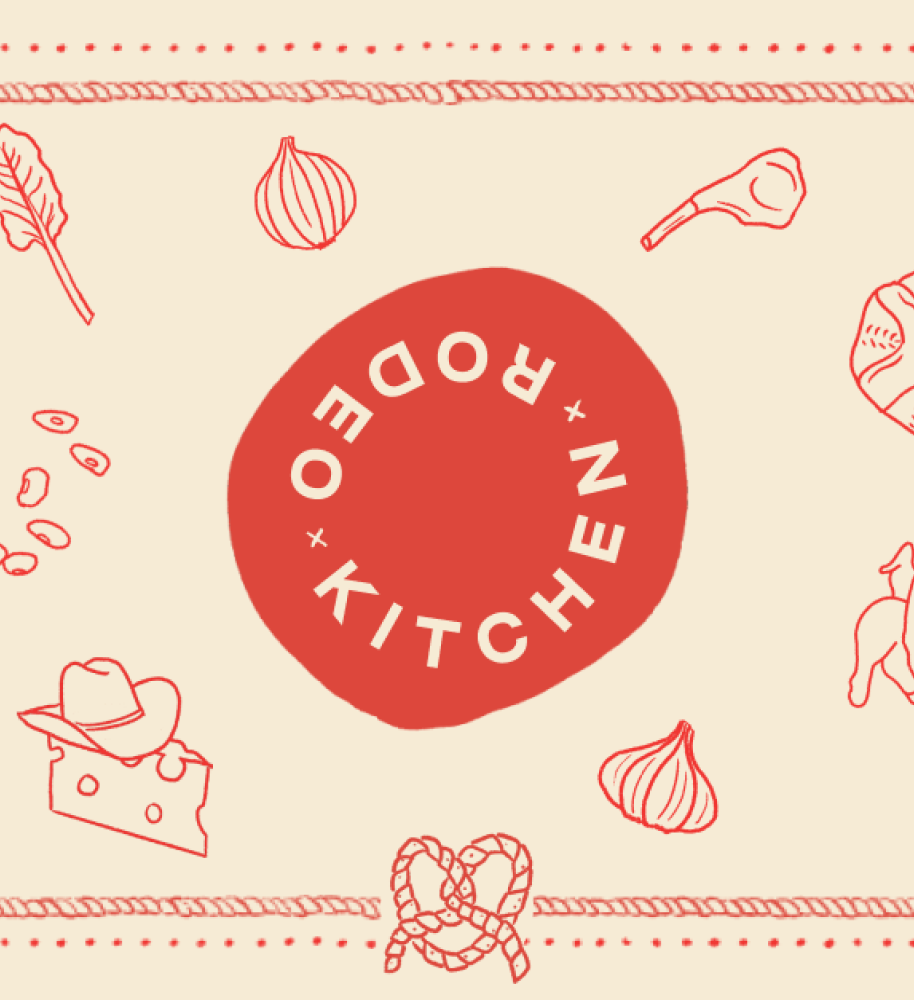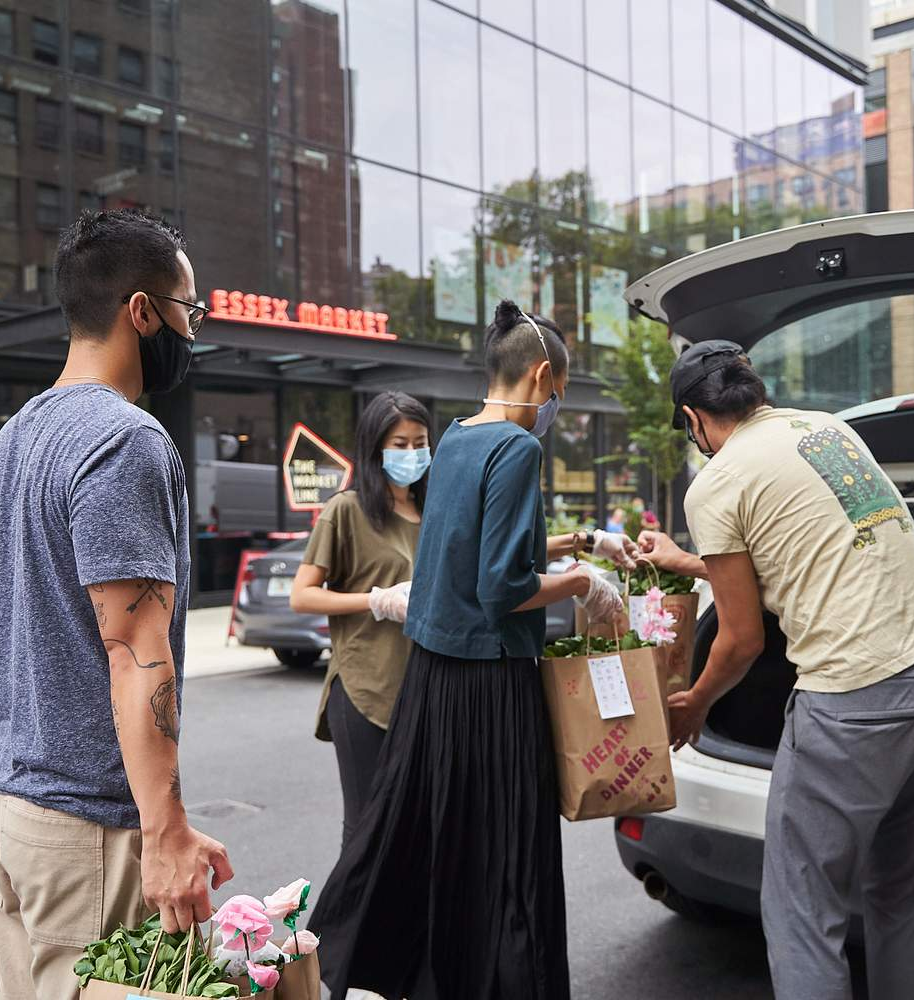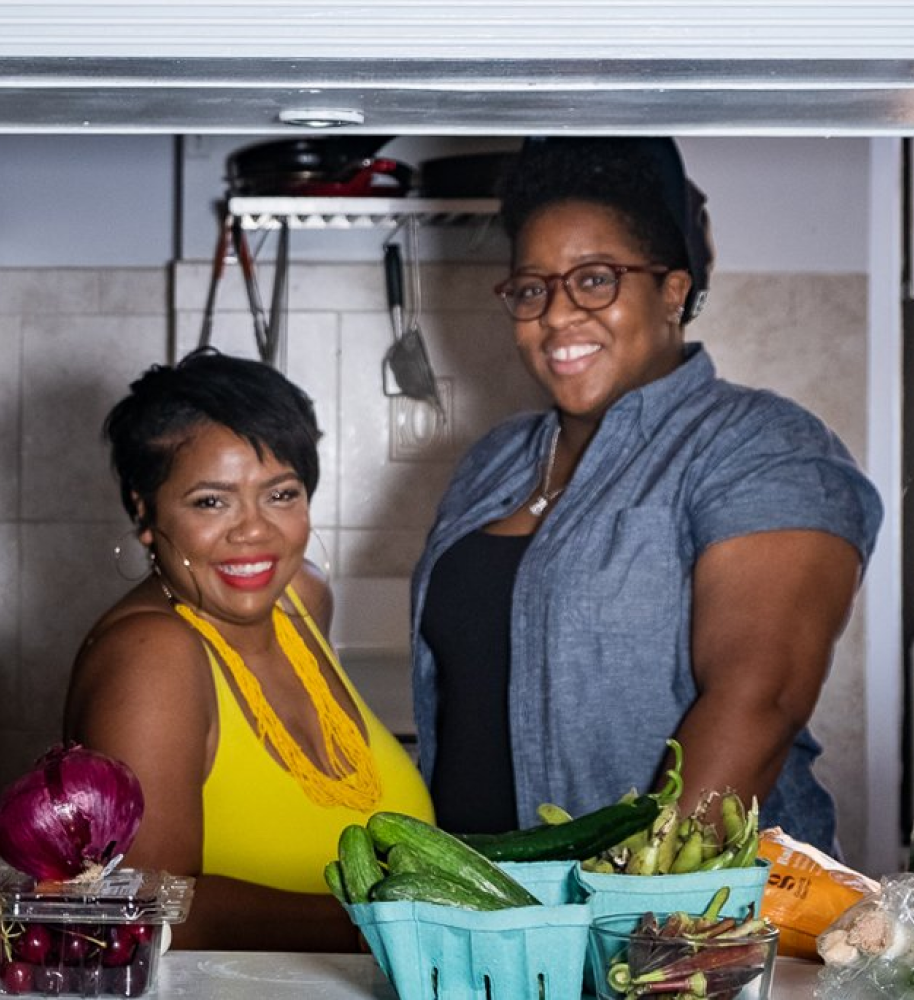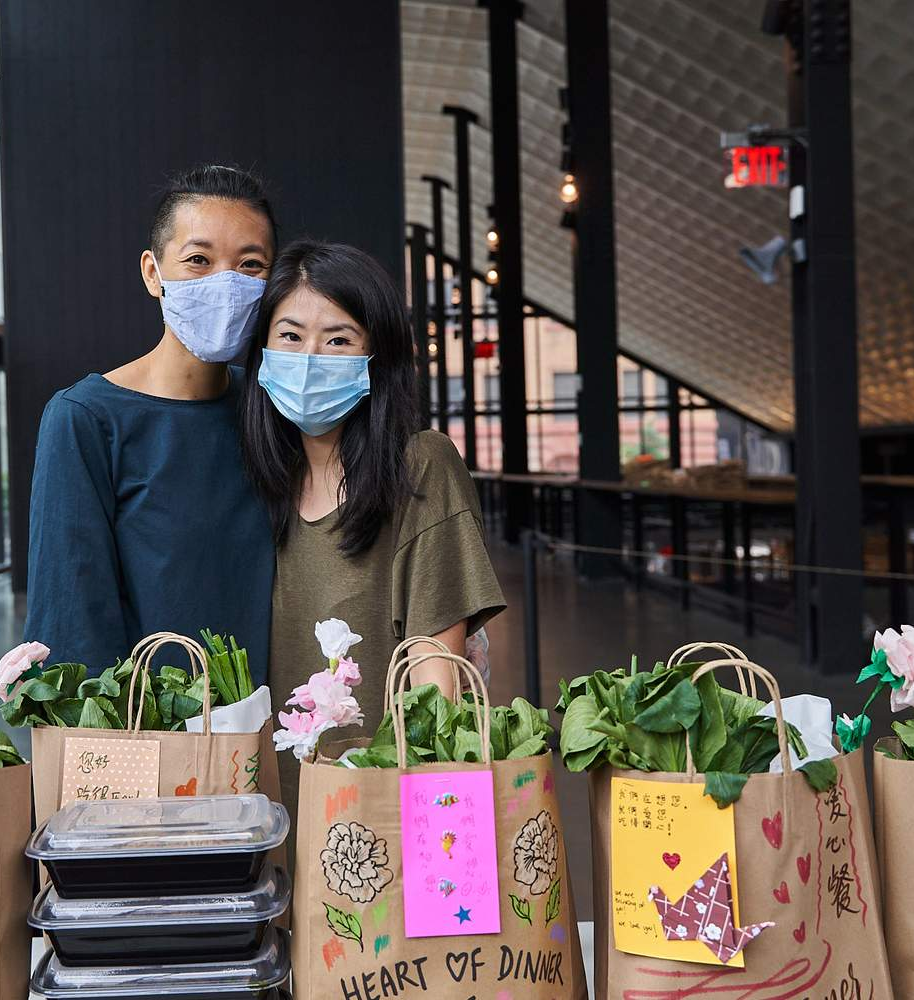This article is part of our Kinder Kitchens campaign. Each year, we invite you to join us in donating to an organization making a big difference in their community. In 2023, together, we were able to donate over $16,000 to Apex for Youth.

At Apex for Youth, they don’t take the word “community” lightly. In fact, it’s at the core of everything they do. “It’s not just about receiving services, it’s really about learning about themselves and learning how to be leaders, also committing to really contributing to the community.” says Apex’s executive director, Jiyoon Mary Chung.
Leadership, contribution, and community are at the root of all the work Apex has done for the last 30 years. Serving low income Asian and immigrant youth in New York City, their dedicated programming includes mentoring, education, athletics, and mental health services, all with a goal to help empower their youth to unlock their potential and discover the world of possibility that awaits them.
For decades, New York City's AAPI communities have been underserved and underfunded. Despite the fact that about 18% of NYC’s population is Asian American, less than 1.5% of social services dollars go to serving this community. In 1992, five friends in Chinatown decided to take matters into their own hands and help together to serve the Asian American youth who lacked the support they needed to thrive. This is how Apex was born. “They started with a $2,000 dollar budget, a very small shoestring budget, and they recruited their friends to become volunteers.” Jiyoon recalls. Starting with just 50 mentor-mentee pairs, Apex has since grown to work with over 2,000 youth a year.
Serving individuals from pre-K to post-high school, Apex’s programming is focused on young people being what they refer to as the “Three C’s”: confident, college and career ready, and community minded. Their group of over 500 dedicated volunteers help make that happen. It’s a commitment the volunteers and mentors don’t take lightly. “Most of these volunteers are with us for a long time, some over 10 years.” Jiyoon notes. “They’re really transformative, powerful relationships.” And their success is in the numbers. Just last year, for example, 100% of their 12th graders planned to attend college.

"Our mission is really about helping our youth see what is possible for them.”


Mentees grow with their mentors for upwards of seven years. Sometimes, these mentorship relationships and projects extend beyond after-school programming. Some have even formed their own nonprofits together. “That really shows what can happen when you have people who really care about each other and the mission.” Jiyoon says. “Our mission is really about helping our youth see what is possible for them.”
Like many, COVID-19 presented its own set of challenges, but Apex didn’t skip a single week of programming. “I feel really proud of the work we were able to do during that time and our ability to be nimble.” Jiyoon recalls. Apex for Youth transitioned their programs immediately to virtual learning models, and checked in often with the youth and their families in order to meet their needs. At Apex, it is never about prescribing what the community needs. “We did an assessment of what our youth needed and adjusted our programs so we could serve them better.” Jiyoon says. Similar surveys continue today.
“We’re trying to help our youth feel proud of who they are in their multiple identities. We make sure they have a voice.”

Instead of returning to the status quo, Apex grew from the pandemic, developing new programs and expanding their reach with a national virtual mentoring program. With representation now in 20 states, they saw it as an opportunity to give community to Asian and immigrant youth who might not have adults in their life that look like them. “It was really amazing to see that.” Jiyoon notes. “Now we have young people and young professionals who are being matched from all over the country, not just learning from each other but about different communities.”
Another new program that emerged out of pandemic needs is their mental health services. A long time coming, they now offer one-on-one therapy, as well as group counseling and art therapy. Allowing youth to express themselves through art and with a creative outlet has been vital.
Educating the families is key, too. During “family nights” surrounded by lots of delicious food and other Apex parents, they talk about topics in a gentle and culturally appropriate way. “There’s a lot of research that shows that when people are introduced to mental health through people they trust it’s much more receptive,” Jiyoon says. She has seen a pique in curiosity and receptiveness from these parents, many of whom haven’t otherwise had the time or space to learn about the mental health issues affecting their children.
At Apex, they’re always looking for new ways to reach young people and amplify their impact. “We’re doing more programming in Queens this coming year and in the next year we’re hoping to open up a second location there.” Jiyoon says. “We really want to have a deeper footprint in boroughs outside of Manhattan.” Expanding their national programming is part of this mission, too.
With Apex graduates supporting the cause from around the country and the world, the effects ripple beyond the Chinatown community where they find their roots. “We’re trying to help our youth feel proud of who they are in their multiple identities.” Jiyoon reminds me. “We make sure they have a voice.”


